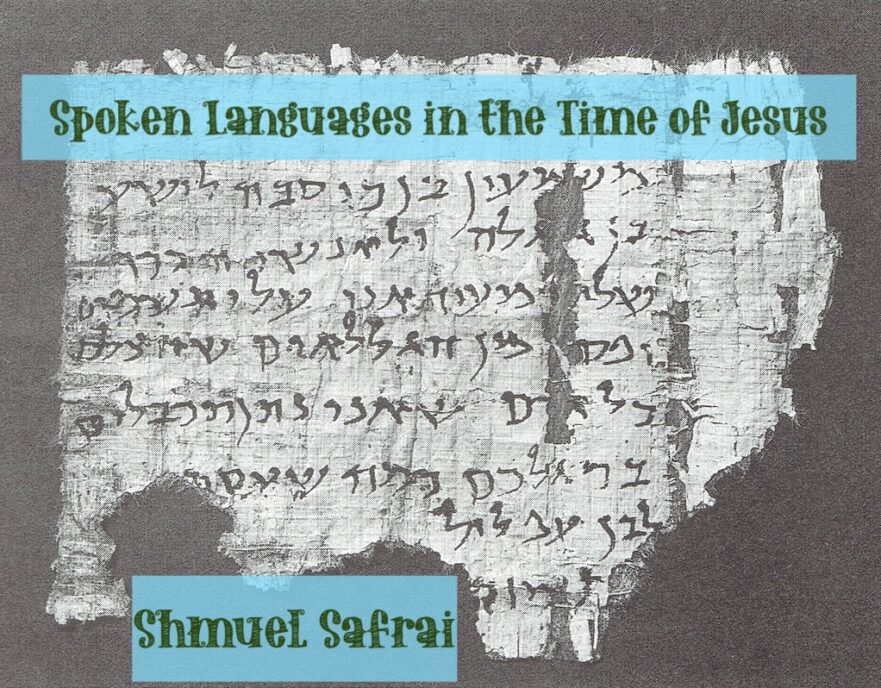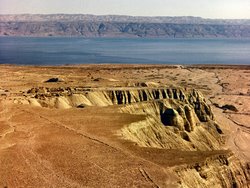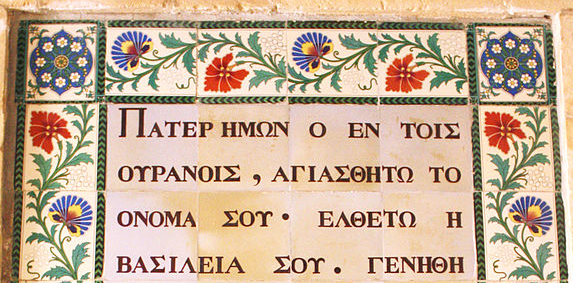Professor Safrai presents an overview of the three languages used in the land of Israel during the days of Jesus, and concludes that Hebrew was the primary language spoken by the Jewish residents at that time.
The Library at Qumran
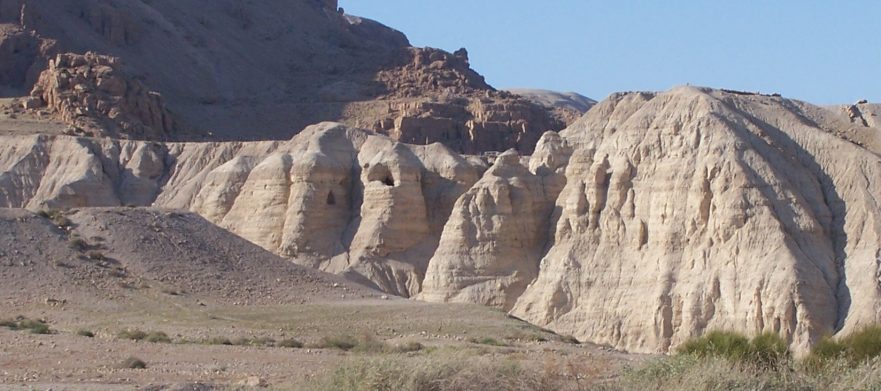
In the middle of the last century two Bedouin shepherds of the Ta’amra tribe found the first of the Dead Sea Scrolls. Their discovery created an exciting new area of biblical research.
Book Review: Michael Sokoloff’s A Dictionary of Jewish Palestinian Aramaic of the Byzantine Period
Professor Sokoloff’s A Dictionary of Jewish Palestinian Aramaic of the Byzantine Period limits itself to the best and most reliable sources of JPA
Book Review: David Flusser’s The Spiritual History of the Dead Sea Sect
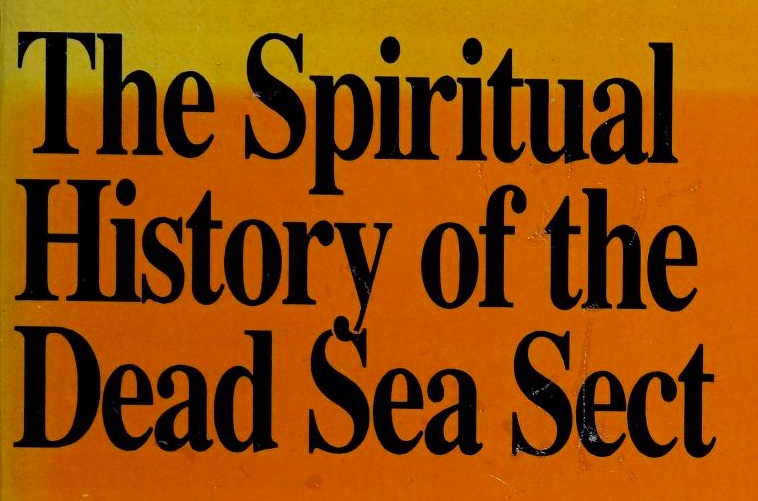
Based on a series of radio lectures, the book retains much of its original conversational tone and structure, but has been expanded to present a more detailed overview.
Jesus and the Essenes

The Essenes’ favorite name for themselves was “the sons of light.” In the Synoptic Gospels the term appears only in Luke 16:8, and the reference is not very flattering. Was Jesus making an ironic reference to the Essenes?
“Son of Man”: Jesus’ Most Important Title

There is a common thread uniting the views of those who think that Jesus signaled Daniel 7 by using the Aramaic bar enash in the middle of Hebrew speech. Anyone who holds this view must assume that Jesus spoke or taught in Hebrew much of the time. That Jesus used Hebrew a significant amount of the time is a sociolinguistic conclusion that has a growing number of supporters in New Testament scholarship, but one that is still a minority opinion.
The Sons of His Will

Christmas brings many carols and cards containing the words from Luke 2:14, “Goodwill to men” and “Peace to men of goodwill.” The angels praised God with words that in English may sound like a politician wishing us to “Have a nice day.” Most of us sense that these words reflect something deeper, but why did the angels use such seemingly innocuous words?

